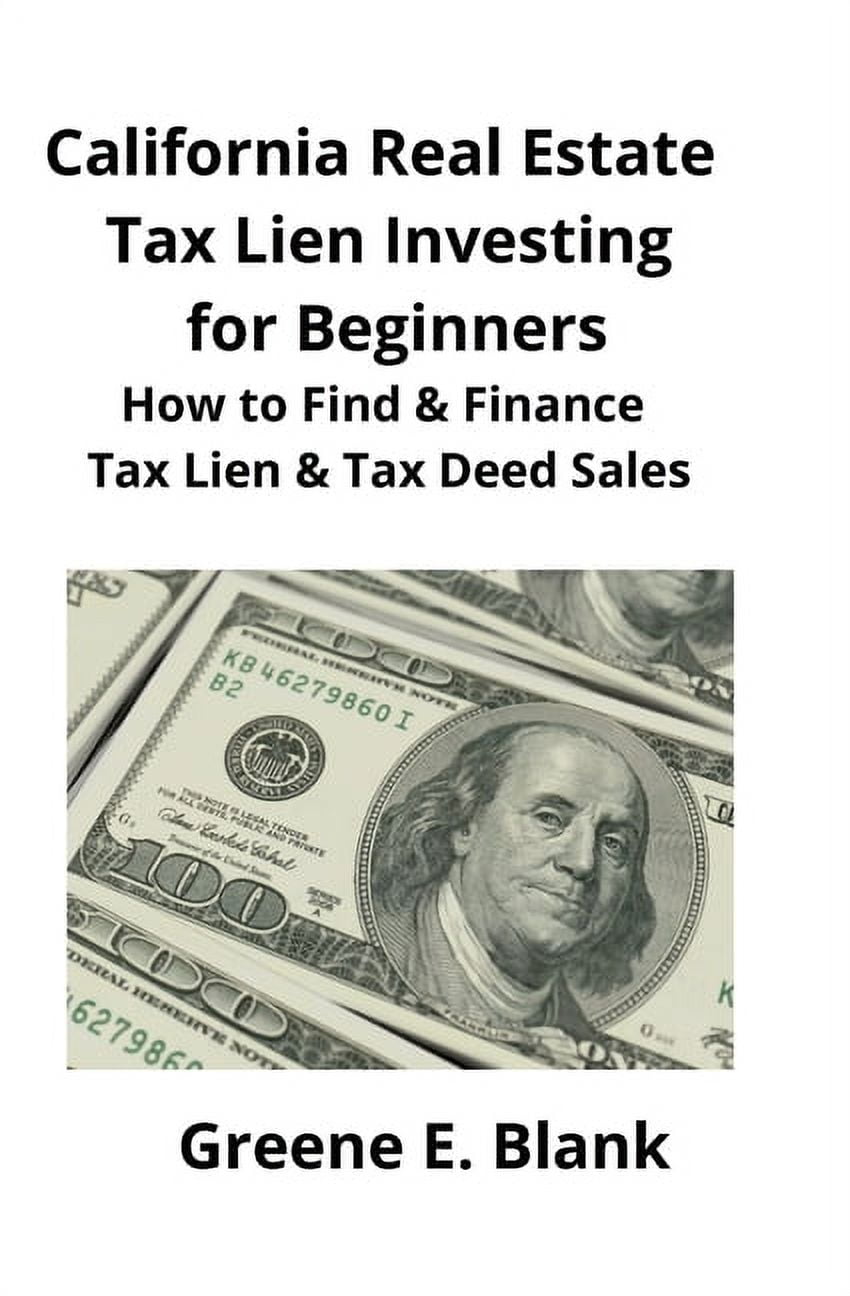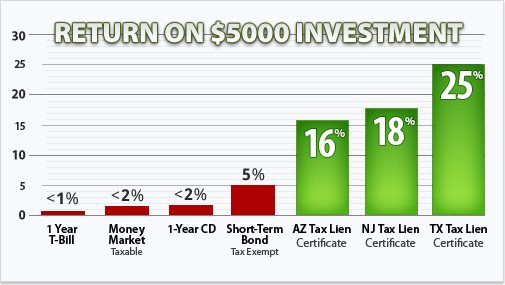All Categories
Featured
Table of Contents
It is essential to note that not every state provides investors the chance to join a tax obligation lien sale. In some states, a building with delinquent tax obligations will go right to the tax obligation sale process. In the states that do use genuine estate investors the opportunity to purchase tax obligation liens, around 33 percent of the $14 billion in overdue taxes were liquidated (in 2017, as an instance).
If you are interested in the tax lien repossession process, you should call a lawyer so you understand and evaluate the dangers of this kind of investment.
How To Tax Lien Investing
Tax lien sales are one manner in which cities and areas try to recoup a few of the public dollars they've invested keeping these buildings deserted by exclusive proprietors. Yet, as we'll discuss in this article,. Once real estate tax are taken into consideration overdue, city governments commonly concentrate on providing notice of delinquency and attempting to accumulate the overdue quantities from the proprietor.
However, this process usually takes years. If a proprietor has strolled away and hesitates to pay tax obligations or maintain the residential or commercial property, the city needs to spend tax obligation dollars to preserve the home. These costsboarding up the building, trimming thick grass and weeds, responding to fire and police gets in touch with the building, and moreadd up.
Owners who have fallen on tough times definitely need every initiative to maintain them out of delinquency and in their homes. tax lien real estate investing. But normally, if the residential property is vacant and worn-out, we have to presume the owner has picked to desert their passion in the building which they are "reluctant" to pay (though scenarios previously in the procedure might have required their hand).

Take, as an example, a single-family home where the owner has actually time out of mind left. For several years the city government has needed to action in and eliminate waste unloaded in the lawn, board up the doors and home windows, and react to phone calls about illicit activity on the property. All these services cost the regional government taxpayer dollars.
In numerous states, those expenses can be accumulated in the very same fashion as the unsettled taxes, but not in all. (Something that Neighborhood Development highly supports in favor of.) At some point, the total financial obligation becomes above what the property can cost. In a tax obligation lien sale (or tax certificate sale) the city government generally holds a public auction where the winning bidder agrees to pay one of the most cash for the right to impose the tax lien, starting with a minimum proposal of a minimum of the tax obligations possessed, plus appropriate rate of interest, charges, and expenses.
When a federal government sells the tax lien they are typically marketing to a private customer the local government's authority to collect the financial obligation in exchange for in advance repayment of the tax obligations owed. The customer's purchase usually consists of the capability to make future rate of interest, in addition to redeem relevant charges and prices sustained by the buyer, if the homeowner pays the tax obligation debt.
What Is Tax Lien Certificate Investing
This is, fundamentally, privatization of a core government function: tax obligation collection. Tax lien sales are especially negative when it involves uninhabited, abandoned, and tatty properties because they extend the duration before a property can be relocated into the hands of a new, more accountable owner. Private tax lien buyers hold the debt, however they do not own the titlethe lawful right to possession of the propertyand in a lot of cases, they have no rate of interest in obtaining it.

Considering spending plan cuts, city governments in several states have decreased in-house real estate tax collection and enforcement efforts and wanted to tax obligation lien sales as a fast infusion of income. Several regions pick or are mandated by the state to offer tax obligation liens since it outsources collection and often generates very required money earlier in the collection process.
By transferring the city government's interest in and enforcement of the tax lien to a personal buyer, neighborhood federal governments lose much of their flexibility: adaptability to obtain vacant homes that the personal market does not desire, or to help the proprietor stay clear of shedding their building. With uninhabited buildings, there is a much greater chance that the personal purchaser isn't interested in the residential property itself.
Tax obligation lien sales can trigger harm in historically disinvested locations (tax lien investing tips). In a depressed real estate market, fewer owners are able to redeem the quantity of the financial debt marketed to a tax obligation lien customer - tax lien investment funds. These locations are ripe for a various sort of tax obligation lien investorspeculative owners looking for to acquire properties on the low-cost by confiscating on the real estate tax lien, milking what bit equity is left by renting out a second-rate home to susceptible tenants, and afterwards deserting the property when they've gained back their financial investment

Not all state legislations offer city governments the power to intervene in this cycle. Either means, the residential property stays uninhabited and in limbo, all the while enforcing substantial costs on its next-door neighbors and taxpayers. It's reasonable that several city governments turn to tax lien sales due to the fact that they assist money crucial civil services.
How To Invest In Tax Liens Online
If the city government instead sells the building (aka the "tax obligation deed"), rather than the tax debt, after that they are in control of what takes place to the residential property and the enforcement procedure if the proprietor remains to not pay the property tax owed. The federal government will supply the owner an affordable time to pay back the tax financial debt, after which the government will foreclose its interest in the tax lien and the owner's right of redemption.
From their inception, these public auctions were places for financiers to benefit through exploitation. certificate in invest lien tax. In very early 20th-century cities, notorious "tax obligation sharks" like Chicago's Jacob Glos and New york city's Charles Wiltsie accumulated lot of money by acquiring up ratings of tax liens on homes, charging their owners inflated total up to eliminate the lien, or waiting till the due date for settlement passed and claiming the deed
Calls to eliminate tax obligation lien sales and overhaul tax delinquency legislations have regularly erupted. Usually, they have been available in feedback to instances of bad, commonly elderly property owners who shed their homes to unethical tax obligation purchasers over little tax financial debts. what is tax lien certificates investing. Yet with a few exceptions, state legislatures have actually stood up to architectural reforms.
Those that have repaid their home mortgages (mainly seniors or individuals who had actually inherited a family home) need to likewise locate the cash to pay building taxes. This explains why 70 percent of the homes cost tax obligation lien sales are owned outright. It is well hobby for states to take on an even more humaneand extra effectivesystem for real estate tax enforcement.
Latest Posts
Delinquent Property Tax Auctions Near Me
Back Taxes Home For Sale
How Does Investing In Tax Liens Work